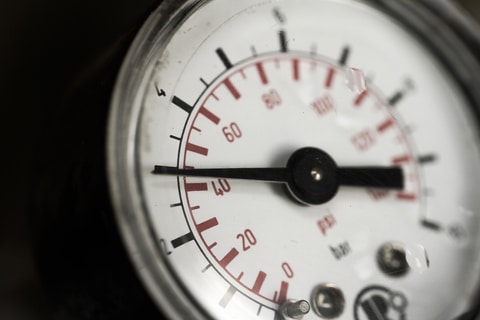 ☰ Menu
405-388-2246
☰ Menu
405-388-2246
 ☰ Menu
405-388-2246
☰ Menu
405-388-2246
 Determining whether or not you need a new water pump for your well can be a crucial task to ensure the continuous supply of clean water to your household. A malfunctioning water pump can disrupt your daily activities and cause inconvenience. Here’s a guide to help you assess if it’s time to replace your well water pump.
Determining whether or not you need a new water pump for your well can be a crucial task to ensure the continuous supply of clean water to your household. A malfunctioning water pump can disrupt your daily activities and cause inconvenience. Here’s a guide to help you assess if it’s time to replace your well water pump.
Low water pressure is often an indicator of a failing water pump. If you notice a significant decrease in water pressure throughout your home, it may be a sign that your pump is not functioning optimally. Check if the pressure is consistently low even after cleaning your well filters or if it persists over an extended period.
Pay attention to any strange noises coming from your well pump. Grinding, screeching, or rattling sounds can indicate mechanical issues within the pump. These noises may suggest worn-out bearings, a loose impeller, or other internal damages that require immediate attention.

A water pump should operate with a consistent on-off cycle. If you notice that your pump frequently turns on and off, it could be a sign of a faulty pressure switch or a failing pump. This cycling can cause excessive wear and tear on the pump and may eventually lead to a complete breakdown.
A deteriorating water pump can impact the quality of water from your well. If you notice a sudden change in water color, taste, or odor, it could be due to contamination caused by a failing pump. Rusty or dirty water may suggest that the pump is not effectively filtering out impurities.
Inspect the area around your well pump for any signs of leaks or puddles. Water pooling near the pump or damp spots on the ground could indicate a leak in the pump’s housing or plumbing connections. Leaks not only waste water but can also cause further damage to the pump if left unaddressed.
Consider the age of your water pump and its maintenance history. Most well water pumps have a lifespan of around 10-15 years, depending on usage and maintenance. If your pump is nearing or has exceeded its expected lifespan, it may be wise to replace it proactively to avoid unexpected failures.
If you have observed any of the mentioned signs or suspect that your water pump is malfunctioning, it is recommended to contact a licensed well pump professional. They will have the expertise and tools to accurately diagnose the issue and determine if a replacement is necessary.
Remember, regular maintenance and periodic inspections of your well water pump can help identify potential problems early on and extend the lifespan of your equipment. If you are unsure about the condition of your pump or lack the necessary expertise, it is always best to consult a professional to ensure the efficient and reliable operation of your water well system.